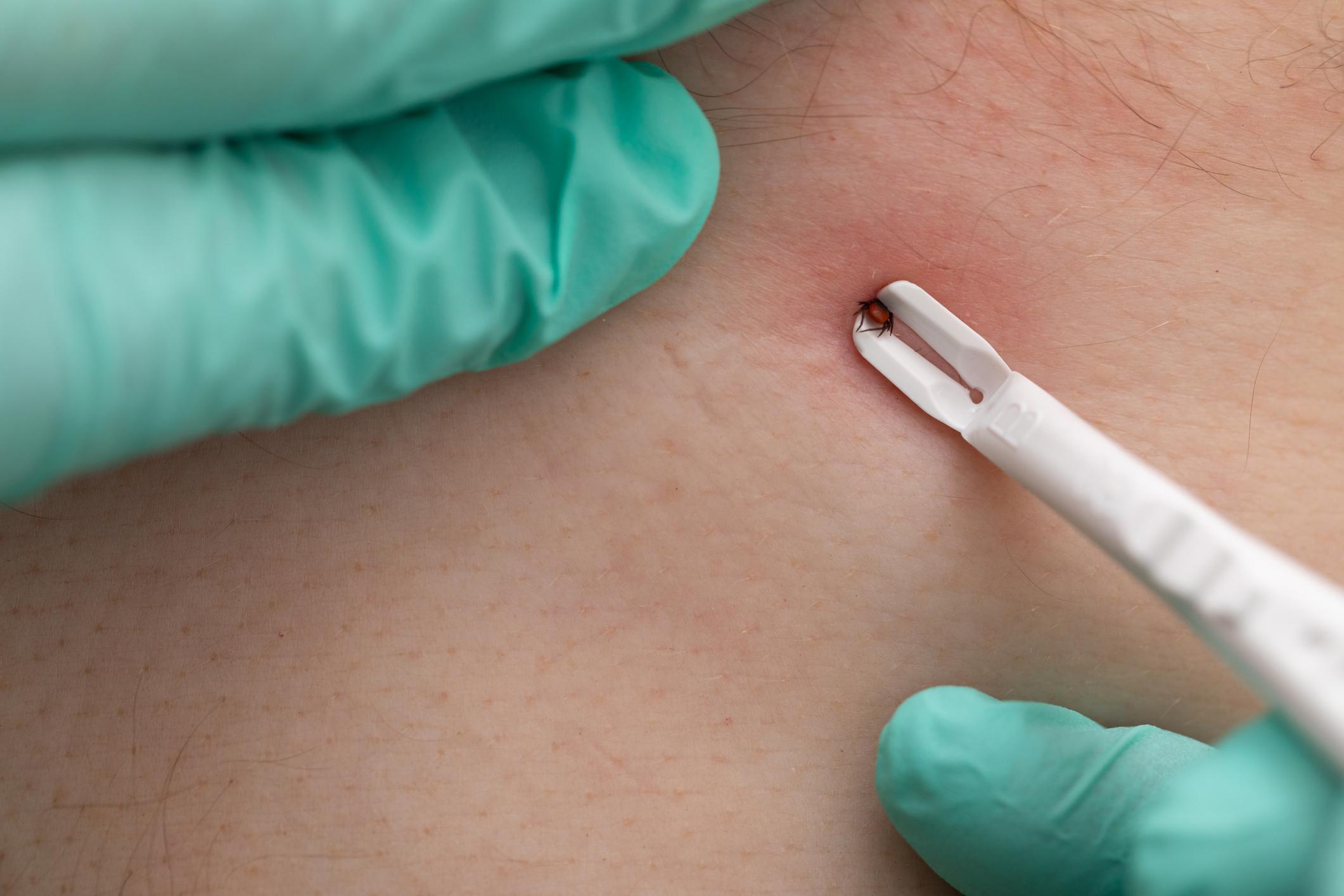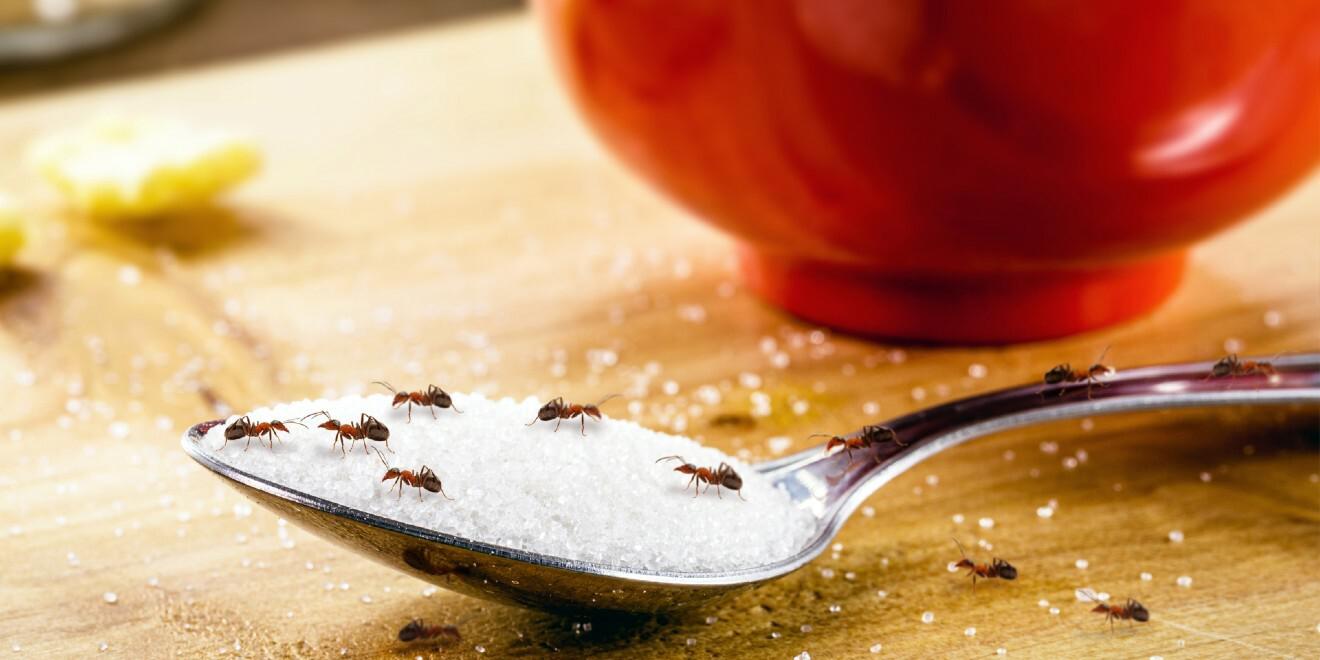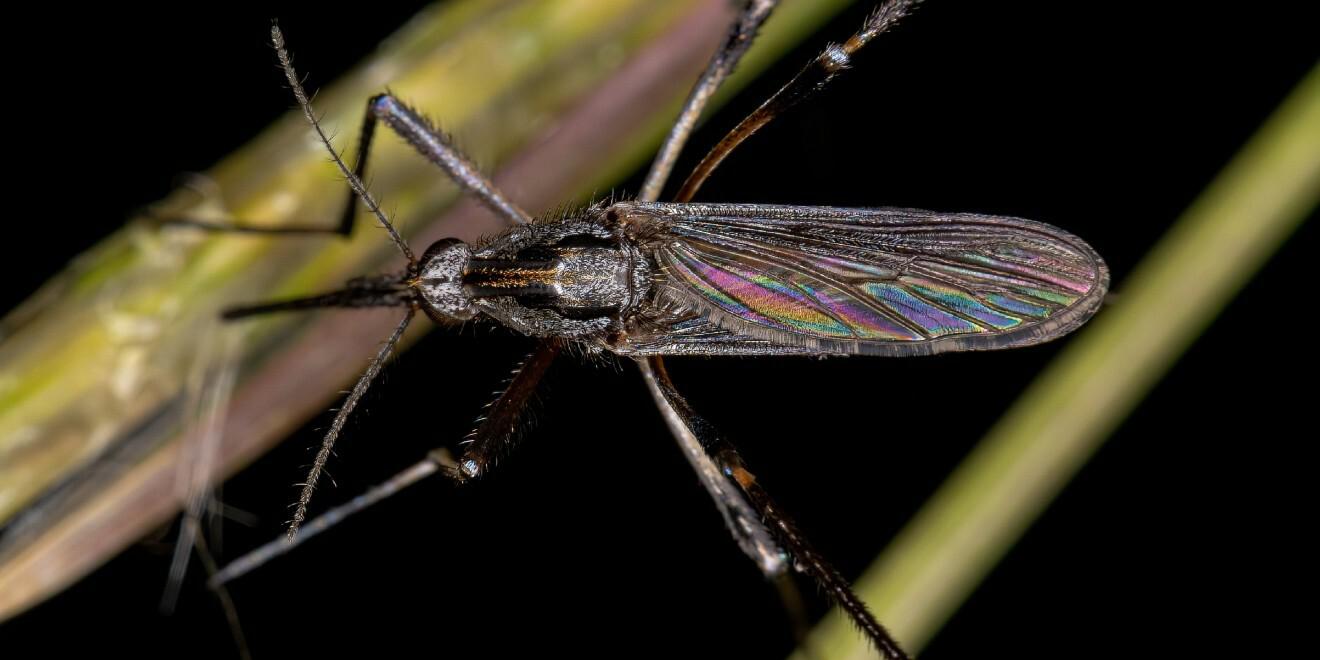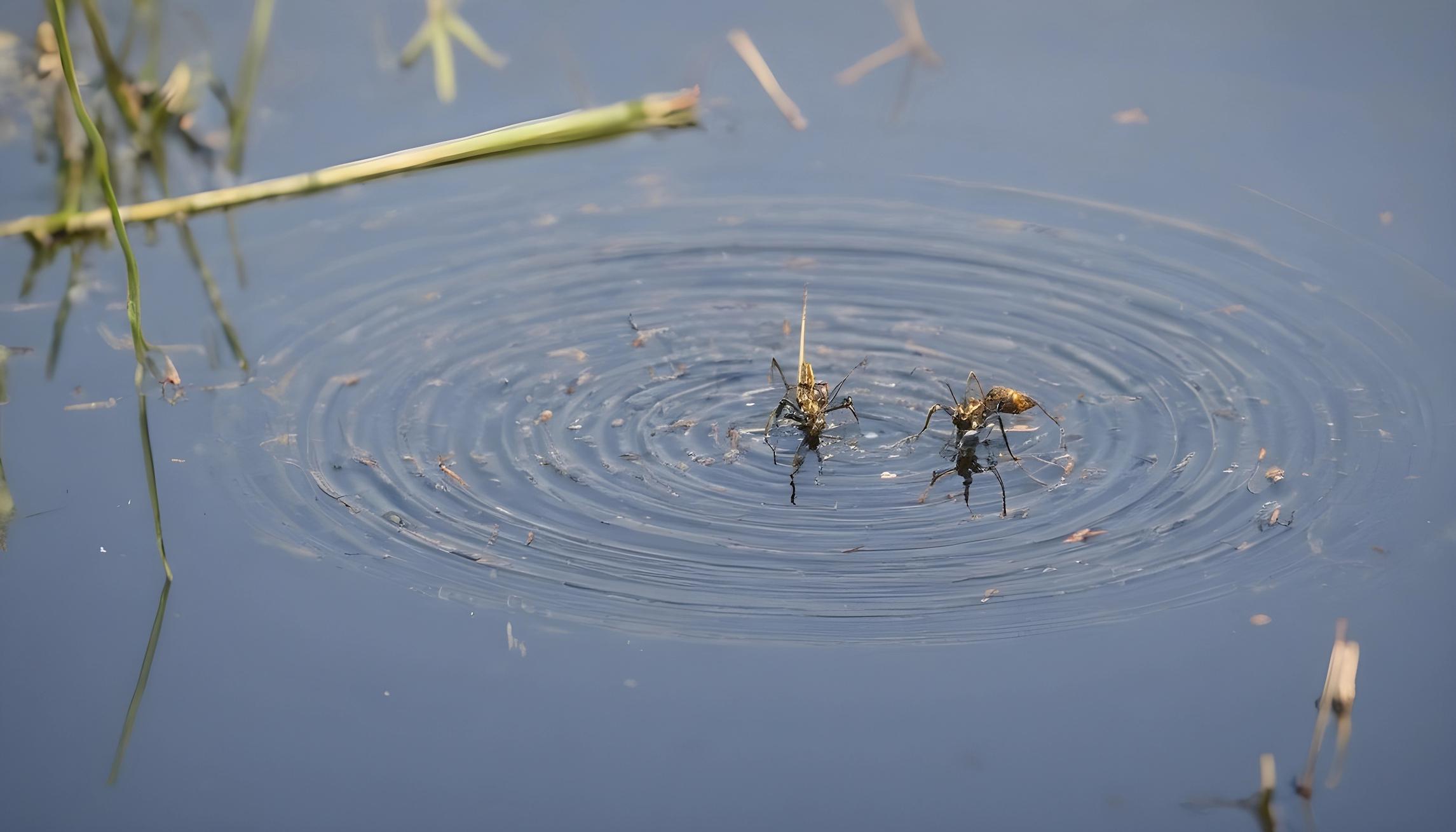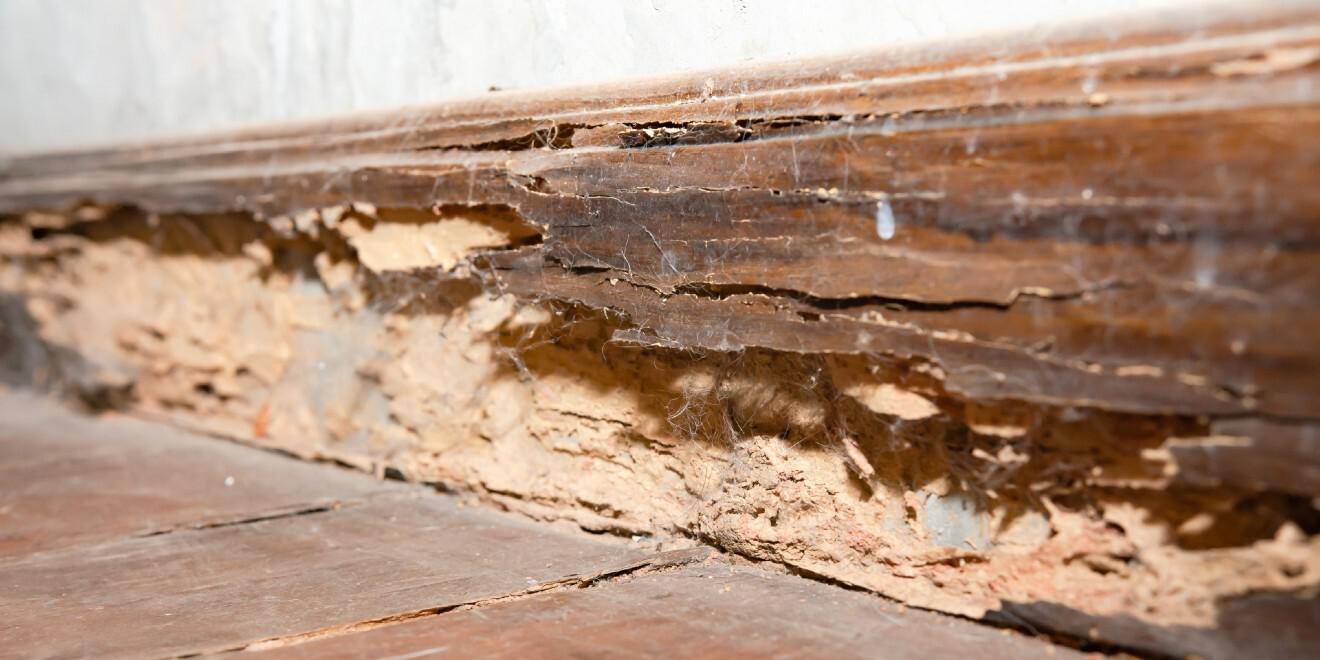Massachusetts Listed Among States Showing Highest Increases Of Mosquito And Tick-Borne Illness
Posted by Mosquito Squad
May 13, 2018
As the owner of a vector control business, Mosquito Squad of Boston Metro South, I naturally stay up-to-date in regards to fluctuations in mosquito and tick-borne illnesses locally and globally. When new vector-borne illnesses emerge, or statistics change from one extreme to another, it is my job to take note.
Over recent years I have noticed an increase in not only more tick and mosquito-borne illnesses being reported but also what seems like an increase in the discovery of new illnesses stemming from mosquitoes and ticks. New findings confirm what I had a suspicion of all along…
A recent report from The Boston Globe, confirms that indeed Massachusetts is among the most impacted states as mosquito and tick illnesses rise. The report does more than just show the rise solely in our state, it also addresses the issue nationwide. Cited in the article is a new report from the Centers for Disease Control and Prevention (CDC) that indicates illnesses from mosquito, tick and flea bites more than tripled in the United States from 2004 to 2016.
The report covered tick-borne illnesses like Lyme Disease and Rocky Mountain Spotted Fever along with mosquito-borne West Nile Virus and Zika. Findings reported the number of cases of these diseases jumped from 27,388 cases in 2004 to more than 96,000 cases in 2016. The data includes illnesses reported in U.S. states and territories. During that period, more than 640,000 cases of these diseases were reported to the CDC.
Why the Increase?
There are many factors that have caused increases in reported cases of mosquito and tick-borne illness. One of which is travel. Overseas travel and commerce have become commonplace which opens up new opportunities for travelers to unknowingly transport an illness and in some cases, an insect home.
Environmental changes such as climate change is also a factor. Warming and cooling patterns play an important role, as mosquitoes and ticks to thrive in warmer temperatures. For mosquitoes these warmer temperatures mean mosquitoes become infected faster and prove more infectious. For ticks, the higher temperatures allow for spreads into new areas, allowing them to live farther north, and putting more people at risk. Additionally, warmer temperatures mean a lingering tick season and this leaves more people exposed.
Of course, warmer weather and traveling abroad are not the only factors. Other indicators include available food sources and habitat for deer, which increase deer and subsequent deer tick populations. Deer are also creeping into more suburban areas. More abundant wildlife, in general, can lead to increases in hosts to facilitate diseases such as West Nile in birds and Lyme in rodents.
What to do to reduce your risk
- For Ticks — In addition to our Intensive Tick Treatment, there are several steps you can take to ensure the tick population within your yard isn’t astronomical. In order to make it easier for you to remember, we have created the 6 C’s of Tick Control to make your yard less of a hospitable environment for ticks. These helpful tips will help you reduce your risk of coming into contact with a tick that could be harboring an illness.
- For Mosquitoes: — Mosquito control is a group effort. By ensuring your yard is not a breeding ground for mosquitoes, you can help reduce the mosquito population within your yard. When it comes to mosquito control in Cohassett, Hingham, Canton and Milton, Massachusetts, read our tips on 7 ways to minimize your yard’s propensity for mosquito breeding.
We are to help you. If you have a mosquito and/or tick problem on your property or you want to prevent one from developing in the first place, contact Mosquito Squad of Boston Metro South to learn about our innovative tick and mosquito control solution today. Contact us at (781) 471-5793 for a free consultation.
Mosquito Squad of Boston Metro South serves Abington, Avon, Braintree, Brockton (02301), Canton, Cohasset, Dorchester (02124), Hingham, Holbrook, Hull, Hyde Park, Mattapan, Milton, Quincy, Randolph, Weymouth and Wollaston.










